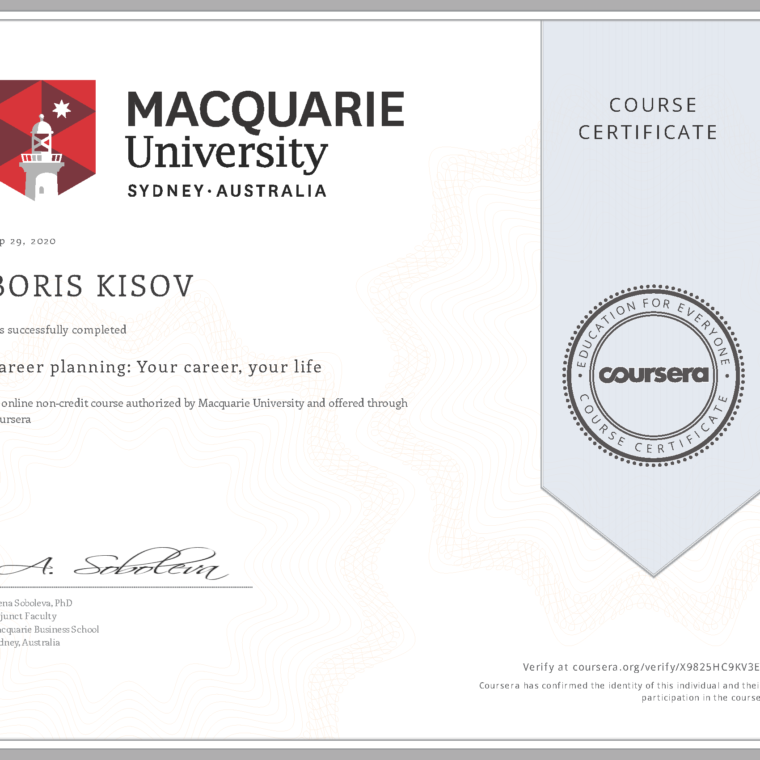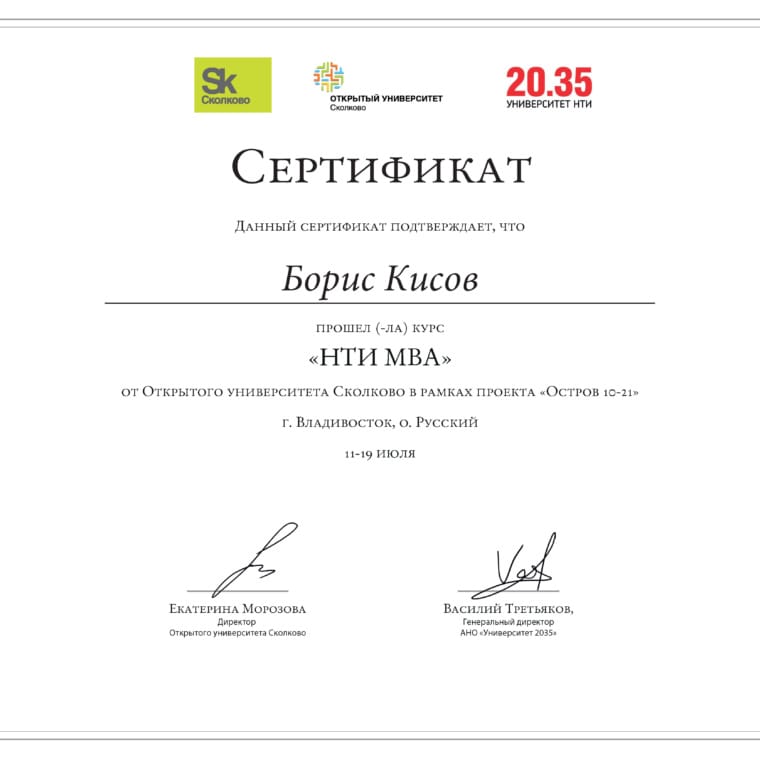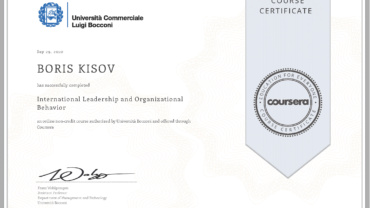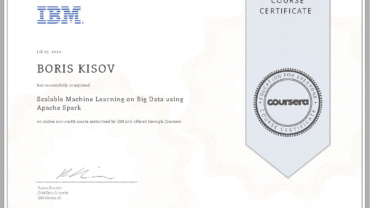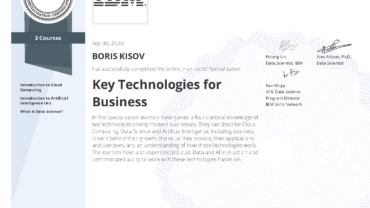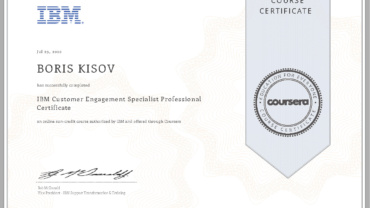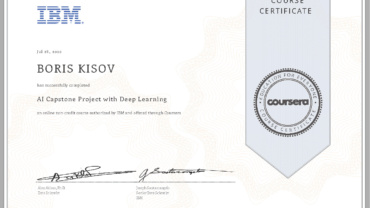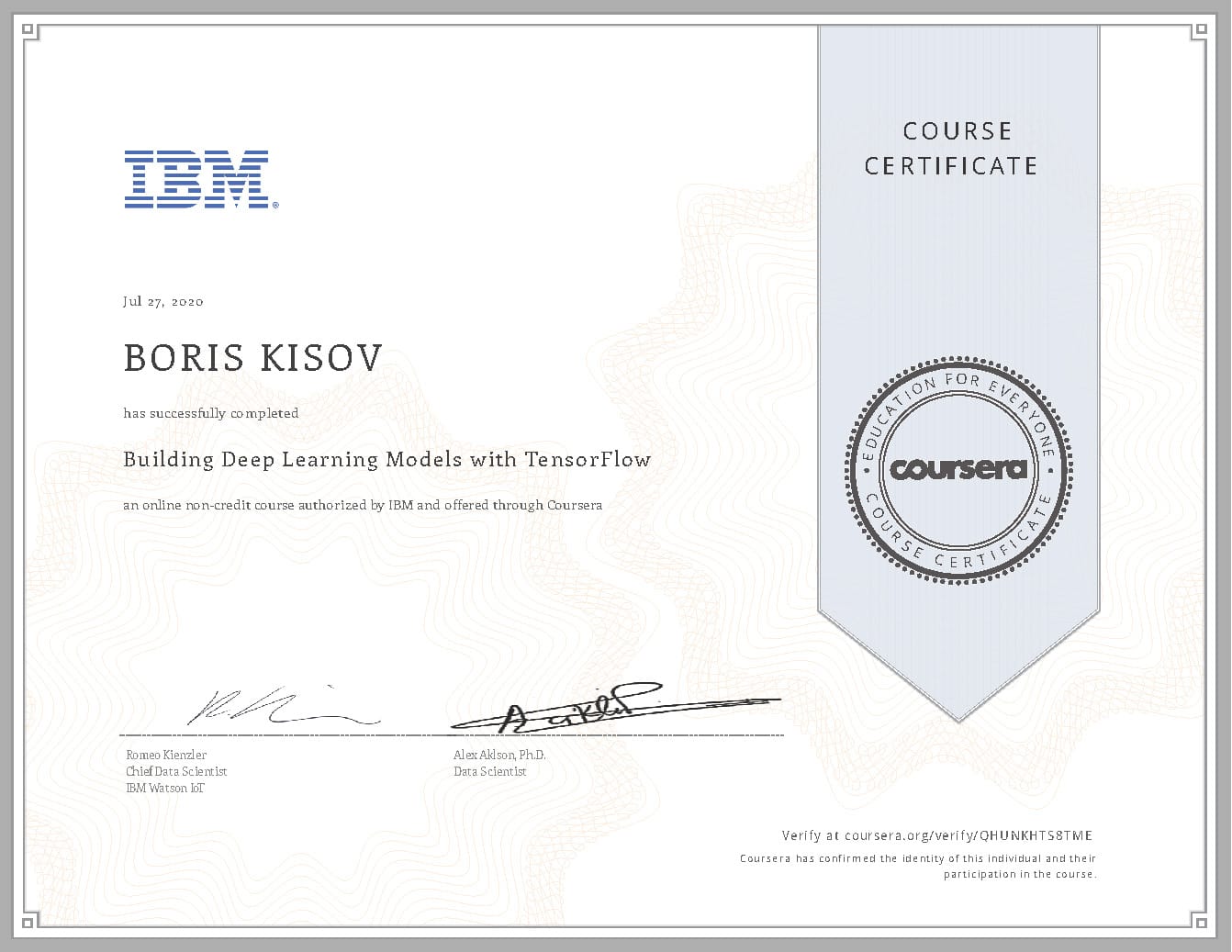
Building Deep Learning Models with TensorFlow
Building Deep Learning Models with TensorFlow – Certificate
IBM – Building Deep Learning Models with TensorFlow
About this Course
The majority of data in the world is unlabeled and unstructured. Shallow neural networks cannot easily capture relevant structures in, for instance, images, sound, and textual data. Deep networks are capable of discovering hidden structures within this type of data. In this course you’ll use TensorFlow library to apply deep learning to different data types in order to solve real-world problems.
Learning Outcomes: After completing this course, learners will be able to:
- • explain foundational TensorFlow concepts such as the main functions, operations and the execution pipelines.
- • describe how TensorFlow can be used in curve fitting, regression, classification and minimization of error functions.
- • understand different types of Deep Architectures, such as Convolutional Networks, Recurrent Networks and Autoencoders.
- • apply TensorFlow for backpropagation to tune the weights and biases while the Neural Networks are being trained.
IBM
IBM offers a wide range of technology and consulting services; a broad portfolio of middleware for collaboration, predictive analytics, software development and systems management; and the world’s most advanced servers and supercomputers. Utilizing its business consulting, technology and R&D expertise, IBM helps clients become “smarter” as the planet becomes more digitally interconnected. IBM invests more than $6 billion a year in R&D, just completing its 21st year of patent leadership. IBM Research has received recognition beyond any commercial technology research organization and is home to 5 Nobel Laureates, 9 US National Medals of Technology, 5 US National Medals of Science, 6 Turing Awards, and 10 Inductees in US Inventors Hall of Fame.
Boris Kisov

Innovation, IT & Management
10+ years of initiating and delivering sustained results and effective change for companies across a wide range of industries including
innovation, enterprise software, digital marketing, start-ups, advertising technology, e-commerce and government.



